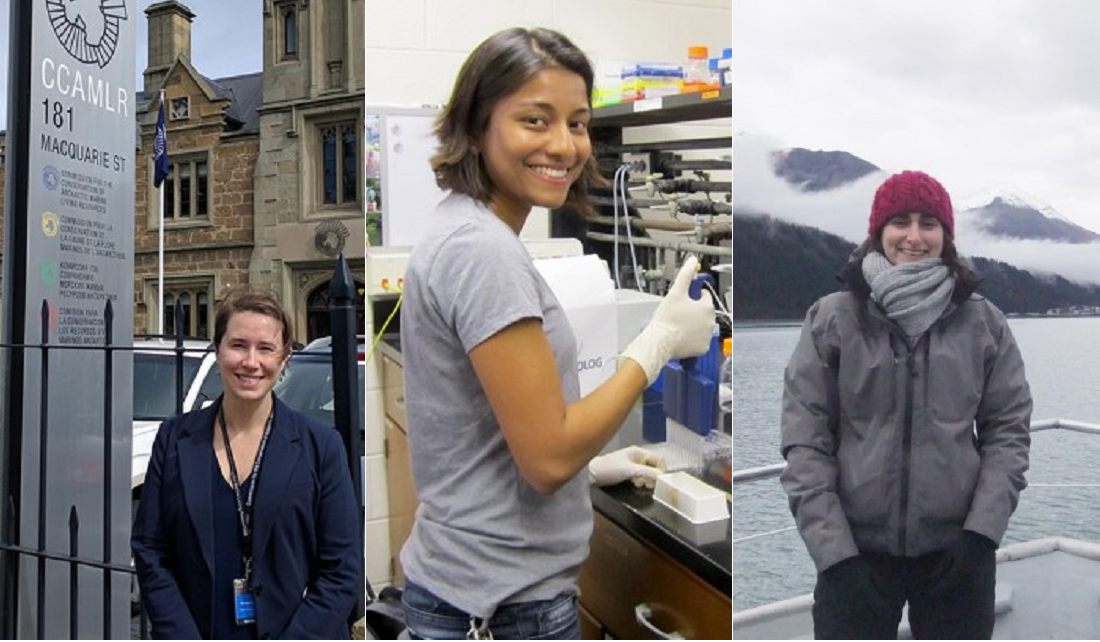
If you are a graduate student interested in combining your education and experience with policy, marine sciences or coastal community resiliency, consider applying for one of these fellowships. The opportunities below are open to graduate students enrolled in a master’s or doctorate program. For more information, please visit our Fellowships page or contact Angela Archer at amcbride@purdue.edu or (765)496-3722.
John A. Knauss Marine Policy Fellowship
The Knauss Fellowship provides a unique educational experience to students who have an interest in ocean, coastal and Great Lakes resources and in the national policy decisions affecting those resources. The program matches highly qualified graduate students with “hosts” in the legislative and executive branches of government located in the Washington, D.C. area for a one year paid fellowship.
- Application deadline: February 19, 2021
- Start date: February 1, 2022
- Length: one year
- More info: http://seagrant.noaa.gov/Knauss
National Marine Fisheries Service Fellowships
These fellowships are aimed at Ph.D. candidates, who are United States citizens, interested in the population dynamics of living marine resources and the development and implementation of quantitative methods for assessing their status. The marine resource economics fellowship concentrates on the conservation and management of marine resources.
- Application deadline: January 26, 2021
- Start Date: dependent upon fellowship choice
- Length: up to two years for Marine Economics, up to three years for Population Dynamics
- More info: http://seagrant.noaa.gov/NMFS-SG-Fellowship
Illinois-Indiana Sea Grant is a part of University of Illinois Extension and Purdue Extension.

